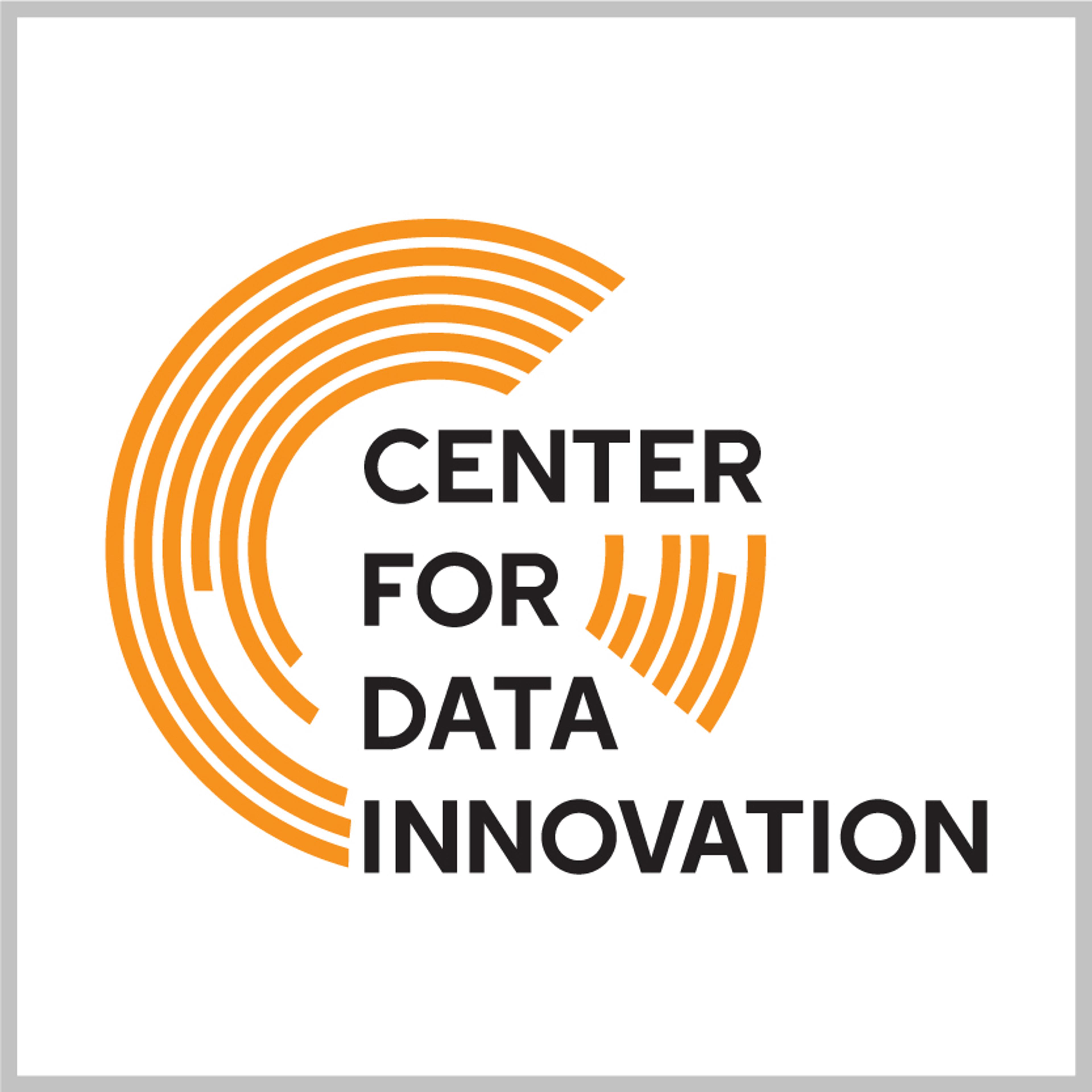Patrick Grady and Daniel Castro

Exaggerated and misleading concerns about generative artificial intelligence have crowded out reasonable discussion about the technology, generating a familiar, yet unfortunate, “tech panic.”
Significant technological changes inevitably disrupt the economy and society, and the potential for major change induces both inflated fears and expectations. Recent developments in artificial intelligence (AI)—a branch of computer science that studies computer systems that perform operations previously requiring human intelligence—have heightened imaginations about what the future holds. AI doomsayers predict job destruction, declining human intelligence, loss of privacy, algorithmic manipulation, and, sometimes, the end of humanity.
Fears about AI have reached new levels because of the emergence of generative AI. Generative AI—a novel tool that can produce complex text, images, and videos from simple inputs—promises to democratize the creative sector and enable entirely new forms of creativity. This novelty has impressed technology enthusiasts but alarmed many others—especially those who believe AI is encroaching on creativity, which many people believe to be an essential difference that separates humans from machines.
Yet, technology and human creativity have long been intertwined, and fears about the negative impact of new innovations have been overstated in the past. For example, prior innovations in the music sector led to fears that record albums would make live shows redundant or that radio would destroy the record industry or that sampling and other means of digital editing would undermine musical artistry. But these concerns never arrived. Over time, this and other tech panics fizzled out as the public embraced the new technology, markets adapted, and initial concerns turned out to be clearly overblown or never arrived.
The fears around new technologies follow a predictable trajectory called “the Tech Panic Cycle.” Fears increase, peak, then decline over time as the public becomes familiar with the technology and its benefits. Indeed, other previous “generative” technologies in the creative sector such as the printing press, the phonograph, and the Cinématographe followed this same course. But unlike today, policymakers were unlikely to do much to regulate and restrict these technologies. As the panic over generative AI enters its most volatile stage, policymakers should take a deep breath, recognize the predictable cycle we are in, and put any regulation efforts directly aimed at generative AI temporarily on hold.
No comments:
Post a Comment